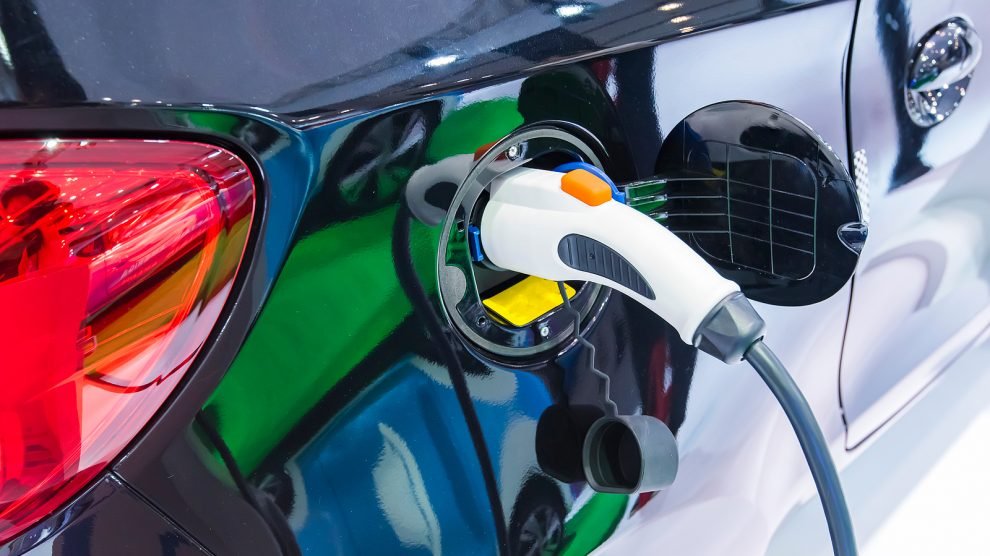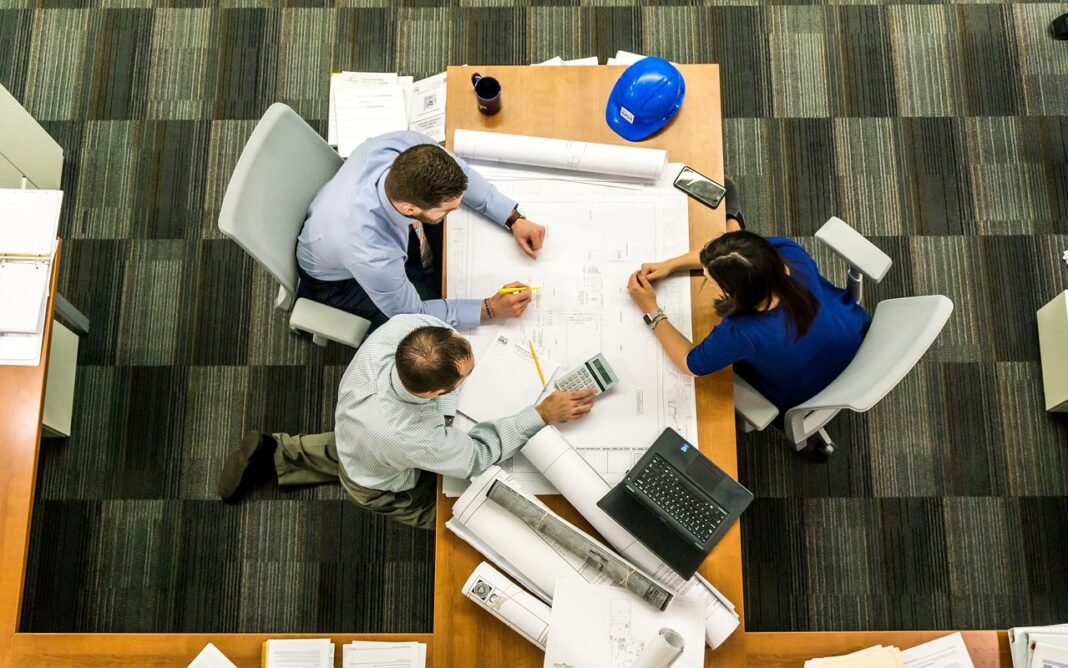
Countries in Central, Eastern, and Southern Europe will need to take decisive action now to enhance their e-mobility infrastructure, based on the European Automobile Manufacturers' Association (ACEA).
ACEA, addressing the 15 major Europe-based car, van, truck and bus makers, states that it comes with an “imbalance” of Europe's electric vehicle network, with 70 per cent of all EU charging stations concentrated in just three countries in Western Europe: holland (66,665), France (45,751) and Germany (44,538).
To illustrate just how asymmetrical the distribution of chargers is, ACEA suggests Romania – roughly six times larger than the Netherlands – which counts only 493 charging points, or simply 0.2 per cent of the EU total.
“This two-track infrastructure roll-out is developing along the dividing lines between richer EU member states in Western Europe and countries having a lower GDP in Eastern, Central and Southern Europe. Countries having a sizeable land mass but a lesser GDP, such as Poland (0.8 percent of EU chargers), seem to be left behind,” says ACEA.
Indeed, the space between Germany, the number three country (accounting for 19.9 percent of all charging points in the EU), and # 4 Italy (5.8 percent) has already been huge, and the share of chargers goes downhill quickly after that.
Poland, ironically, has intends to launch its own electric vehicle, the Izera, while Romanian carmaker Dacia is set to begin selling its first fully-electric model, the Dacia Spring, the coming year.
Binding targets needed
ACEA says that this patchy EU roll-out of both charging and refuelling infrastructure for alternatively-powered cars has been evident since it started its annual analysis in 2022. Without decisive action now, it is unlikely to enhance in the years to come, the association warns.
As the European Commission gears as much as evaluate the Alternative Fuel Infrastructure Directive in July, ACEA is therefore with binding targets – not just for charging points for electric cars but in addition for hydrogen stations for fuel cell cars – for each EU member state.
“Anyone who would like to buy an electrical or fuel cell car depends on having reliable charging or refuelling infrastructure – whether that's at home, at the office as well as on the street,” says ACEA Director General Eric-Mark Huitema.
“The the years have come for governments across Europe to get speed within the race to greener mobility.”


